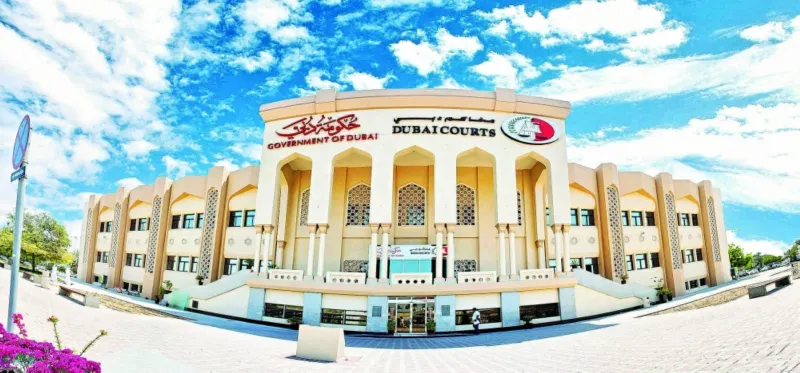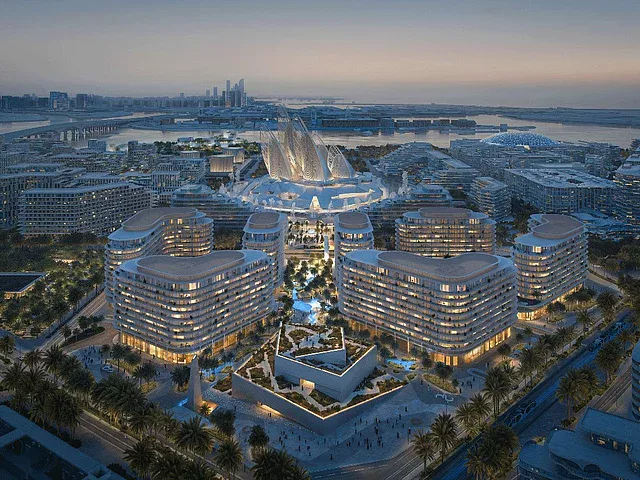The Dubai Real Estate Court has annulled enforcement proceedings against a residential unit in a Business Bay tower, confirming a property developer’s ownership rights over the disputed Dhs1.78 million unit. The ruling invalidates a creditor’s seizure that occurred despite the property having been legally transferred back to the developer following a contract termination with a defaulting buyer.
In a significant judgment affecting property rights protection in Dubai, the Dubai Real Estate Court has ruled in favour of a real estate development company, invalidating the executive seizure of a residential unit and reinstating the developer’s ownership claim.
The case centred on a Dhs1.78 million residential unit in one of Business Bay’s towers. The property had been sold to a buyer on an instalment payment plan in March 2024, but the purchaser failed to meet payment obligations, prompting the developer to initiate legal action.
In April 2025, the court issued a final judgment that terminated the sales contract and re-registered the unit in the developer’s name. The buyer was also ordered to pay Dhs50,000 in compensation to the company.
However, complications arose when the developer began enforcement procedures to recover the property. The unit had been seized by a creditor based on an outstanding debt owed by the former purchaser, according to a notary public enforcement file from 2024. An auction sale was already underway when the developer’s company submitted a request to cancel the seizure—a request that was initially rejected.
The Core Legal Issue
Dr. Alaa Nasr, the plaintiff’s legal representative, emphasised a crucial principle under Civil Procedure Law No. (42) of 2022: “Executive seizure is only valid on property owned by the person whose property is being seized at the time of execution.” He argued that since ownership had been transferred back to the company through a final court judgment, the creditor’s seizure lost its legal foundation.
“Loss of ownership due to a final judgement invalidates the seizure as it loses its legal basis,” Dr. Nasr stated, underlining the protection available to third parties with ownership evidence under the civil procedure framework.
The court’s decision represents an important affirmation of property ownership rights in Dubai’s legal system, particularly for developers managing complex real estate transactions involving defaulting buyers and competing creditor claims. The ruling clarifies that seizure procedures cannot continue on property that has legally changed hands through final court orders.
This judgment aligns with Dubai’s commitment to robust legal protections for property transactions, supporting the emirate’s efforts to build investor confidence in its data-driven real estate market. Such clarity in property law is essential as Dubai’s property sector continues its strong growth trajectory, with transaction values reaching unprecedented levels in 2025.
The case demonstrates the UAE’s sophisticated legal framework for resolving competing claims in real estate disputes, providing relief for developers facing overlapping enforcement actions and reassuring market participants about the stability of property rights.







